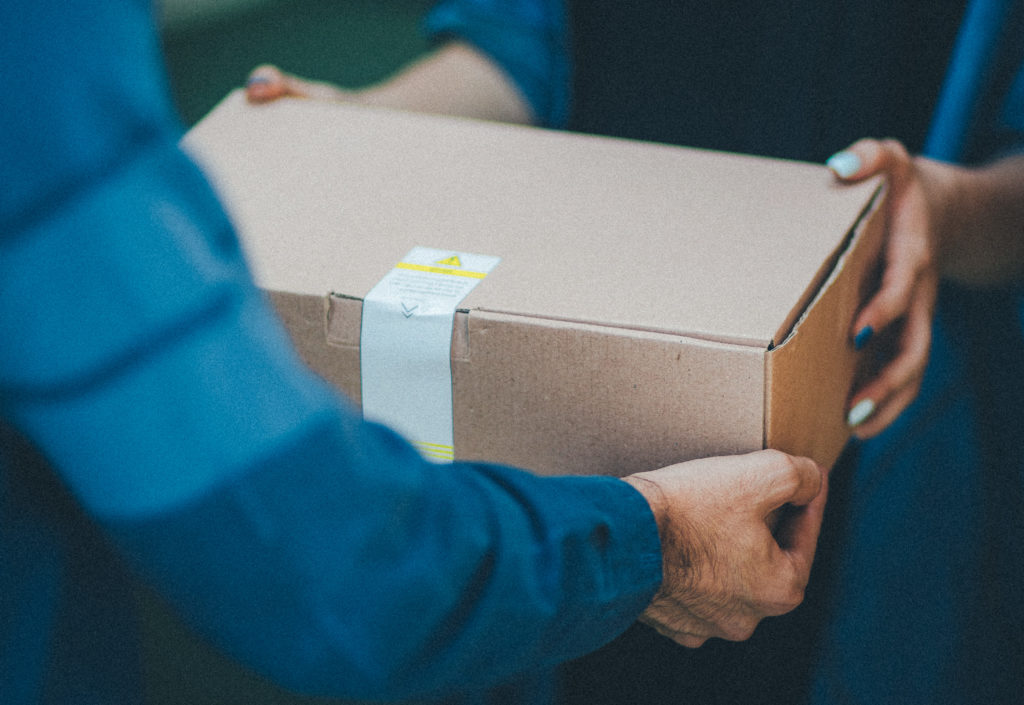In the age of COVID-19, showing your love from afar has never been so important.
Although global travel restrictions are easing and many national and state borders have opened up, travel remains quite expensive. After living with the pandemic for two years, we have all experienced the difficulty of connecting with our loved ones who live apart from us. Your friends and family may be exploring new ways to show how much they care or mark special days like birthdays – one of which may be sending gifts and care packages to you here in Australia. Or perhaps you are temporarily back home overseas and want to send a care package for a friend or family member in Australia?
It’s important to know what you – or in this case, your loved ones – are legally allowed to send to the country. Ask your family and friends to follow this advice before sending goods to Australia.
Check if the goods are allowed
The Biosecurity Import Conditions system (BICON) makes it simple to check what food, plant material and animal products can be sent to Australia. Encourage your loved ones to use this tool to see if the goods they wish to send to you are allowed into Australia. They can simply search for the item they want to send and view any import conditions that the item may have. For example, although certain goods are permitted to be imported into the country, they may require permits, special treatment, or extra documentation.
This is a very important step since products that do not meet Australia’s import conditions may be exported out of the country or destroyed. Remind your loved ones that familiarising themselves with these importation laws can save them a lot of time and money.
If the goods do not pose a biosecurity risk, there may be other import restrictions set by the Australian Border Force or Therapeutic Goods Administration.
Prepare and pack
Proper packing of goods is vital to not only ensure your parcel remains intact but also to abide by Australian importation laws. Do not pack goods with straw or dried plant material or in egg cartons or cardboard boxes that were once used to hold fresh produce or meat. Instead, opt for materials like new cardboard boxes, bubble wrap, foam or newspapers.
Declare
When sending gifts to Australia, your loved ones will need to fill out a declaration. The Australian Government uses this declaration to inspect the goods, to verify that they’re allowed in the country, and to levy the necessary duties or taxes on the import.
Accurate declaration of goods is a legal requirement and therefore extremely important. It’s especially important to remember that any false or misleading import claims constitute an offence, meaning you and/or your loved ones could be prosecuted accordingly.
Report biosecurity concerns
If the package arrives and you notice something unusual in it that could indicate a pest or disease, report it immediately. Some things to look out for include live or dead insects, soil or seeds. Even if you’re unsure whether or not it’s cause for concern, it’s essential that you report it since pests and diseases can spread very far very quickly.
To report any biosecurity concerns found in international mail, call the See. Secure. Report. hotline on 1800 798 636 or complete an online reporting form. 






